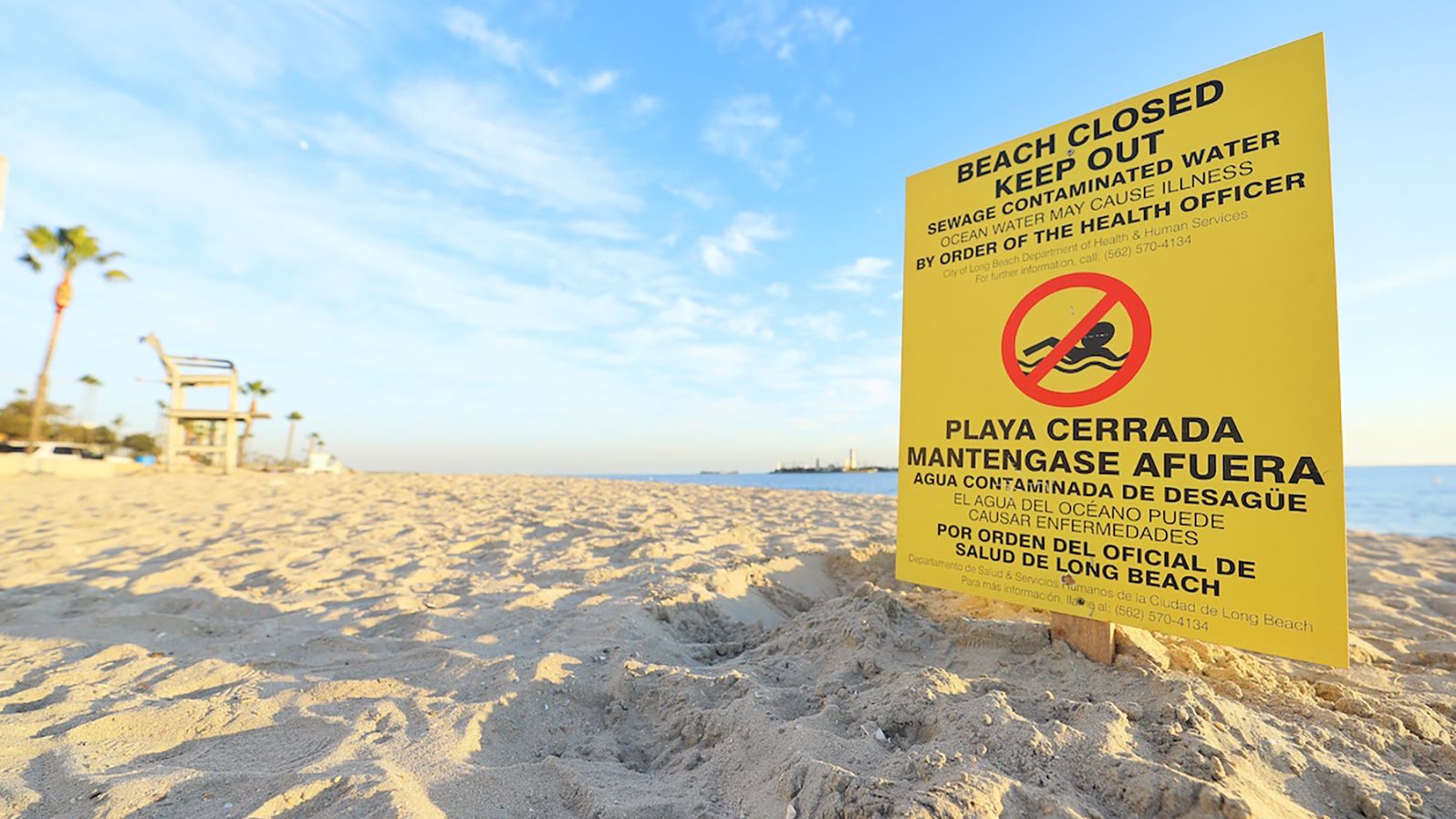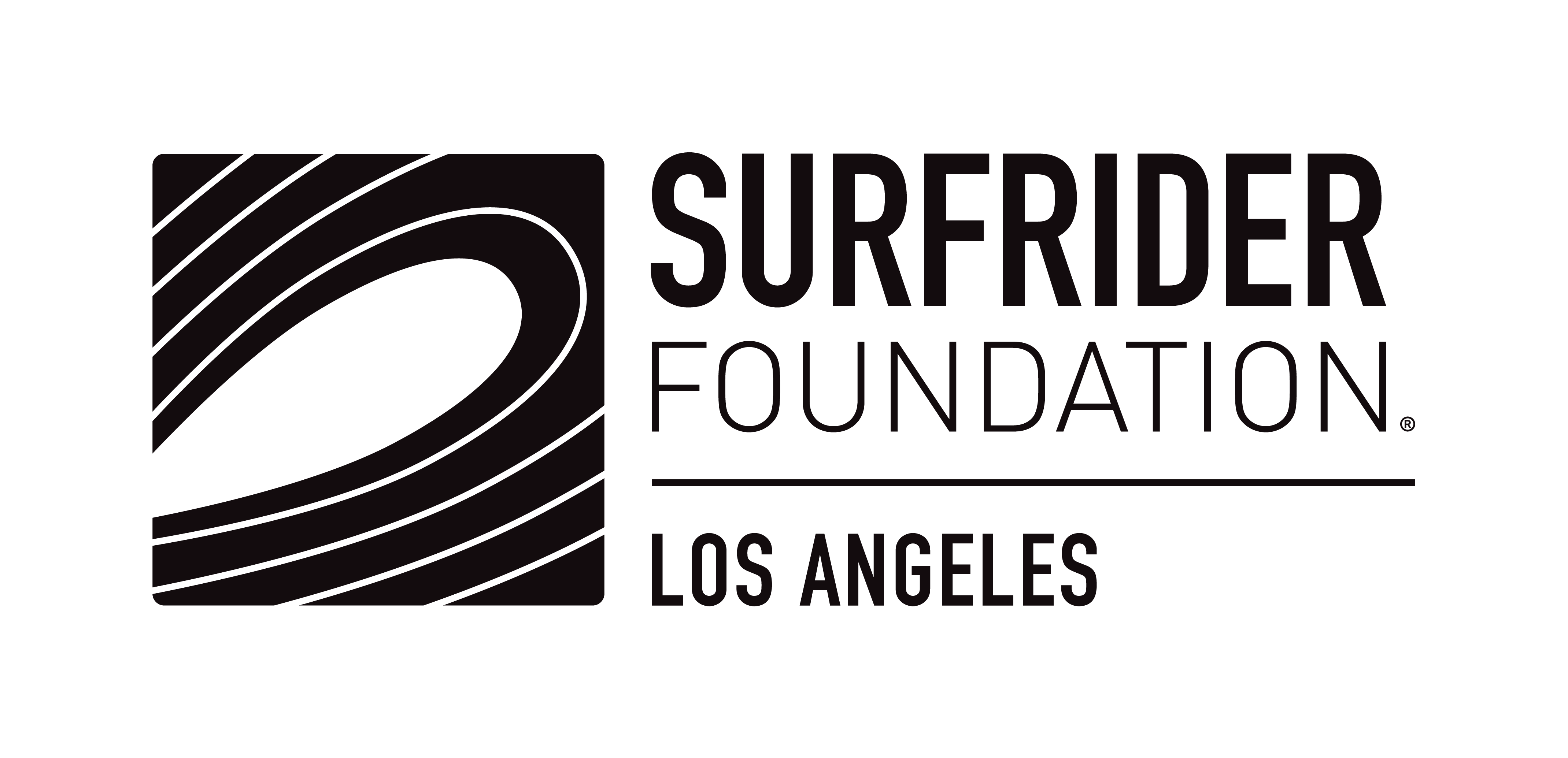
Sewage Spill in Long Beach
Last week, 250,000 gallons of untreated sewage spilled into the LA River and flooded the shores of Long Beach, resulting in the closure of seven miles of beaches. This catastrophe draws attention to an issue often conveniently overlooked: our waste systems are not prepared to handle excess water brought by storm surges.
Sewage pollution threatens human health, marine habitats, and coastal recreation. Often, spillages release harmful bacteria into the watershed that cause all sorts of illnesses— a morning out surfing in polluted water could result in cramps, rashes, nausea, or worse. Sewage spills also contribute nutrients that disrupt the ecosystem balance, fueling harmful algal blooms that invade and infest clean watersheds.
After last week’s spill, nearby beaches issued warnings of high bacterial content in the water, and warned the public against swimming in the ocean.
The Long Beach sewage overflow was reportedly caused by a blocked pipe. Over time, erosion damages and cracks pipes, inevitably leading to blockages. During storm surges, excess water runoff makes its way into the pipes and essentially floods the system, leading to overflows in local watersheds. As climate change increases the frequency of storm surges, sewage spills like this one are only going to become more common, unless we can make changes to our wastewater infrastructure.
The Surfrider Foundation has successfully lobbied for stronger infrastructure policy that could prevent the breakdown of sewage pipes, including President Biden’s Infrastructure and Jobs Investment Act. But individual households play a huge role in the health of the community wastewater system, as well. Every dishwasher, toilet, sink, shower, and washing machine in LA drains right into those same pipes— so watch what you’re flushing! Oil and grease should never go down kitchen sink drains, nor should anything else not designed for our wastewater treatment system to filter.
Pollution and bacteria can make their way into our water and ruin a good surf day without warning. That’s why we continue to fight for clean water and safe beach access across LA.
One way that you can tangibly get involved in clean water issues is through joining our Los Angeles Blue Water Task Force Program! On any given week, our chapter volunteers sample, test, and process ocean samples from eleven sites in the Santa Monica Bay and post them here for you to see.
We are always looking for more volunteers (ocean samples, lab processors, and results readers) for the program, so if you want to get involved shoot bwtf@la.surfrider.org an email and we’ll get you looped in on our next training date. It's a great way to gain valuable lab experience while also giving back to your local community. Together, we can take on pollution!
